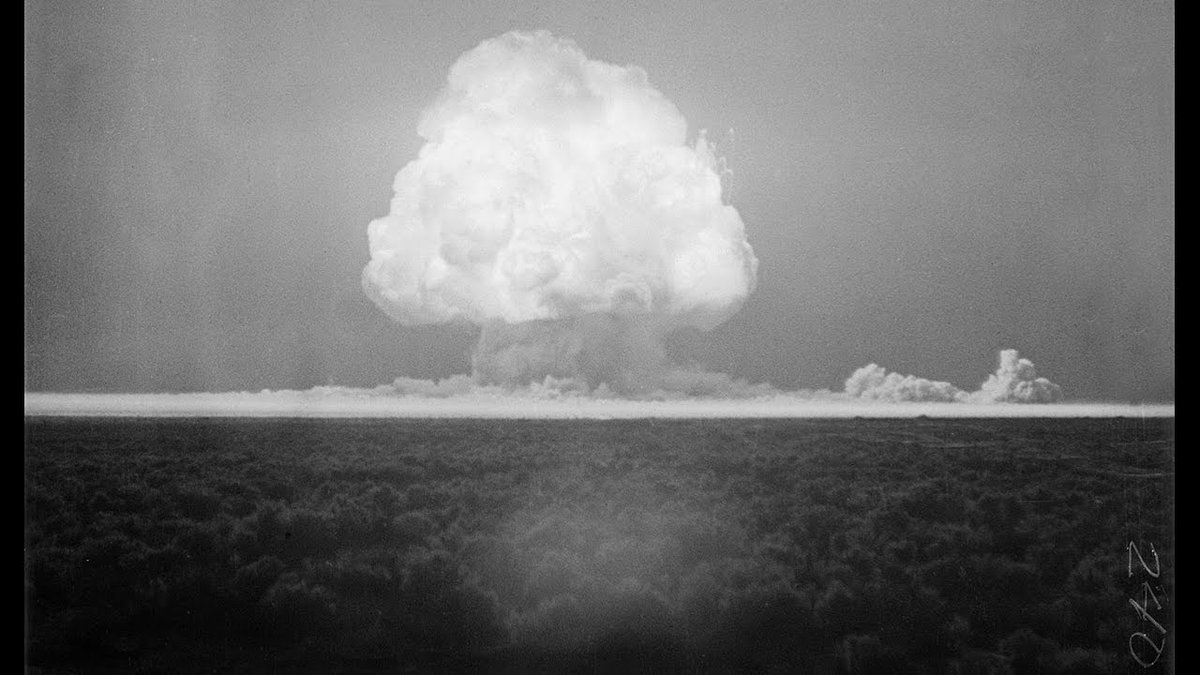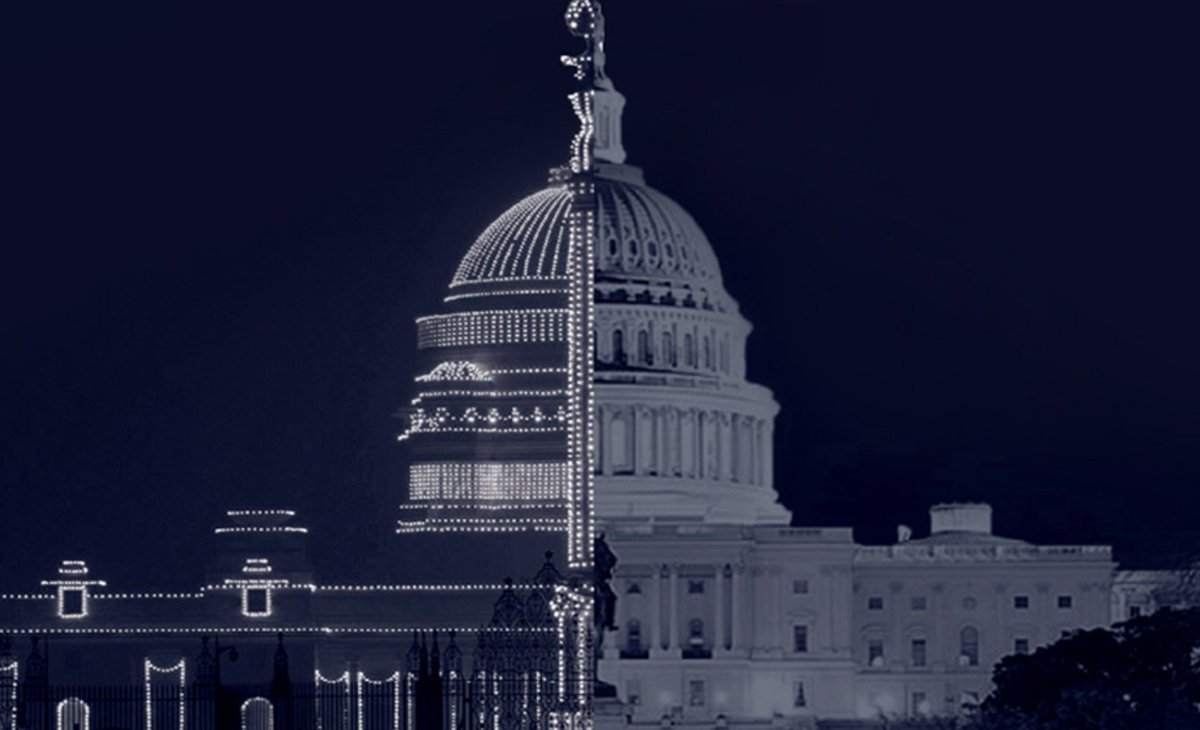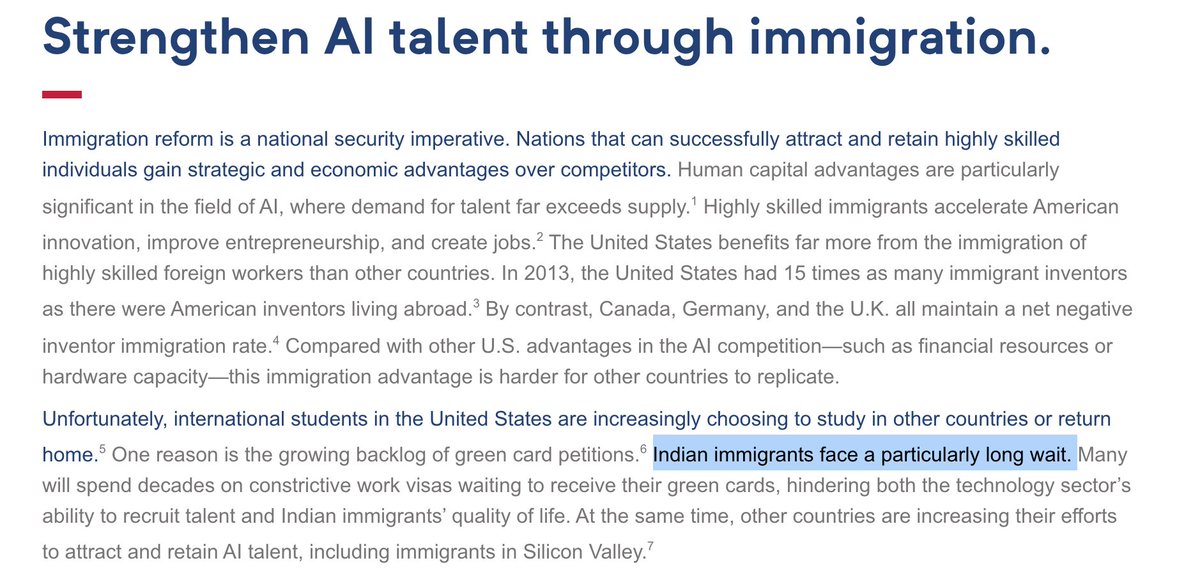
Executive Director @orfamerica
Book: https://t.co/YFs4RTfn6d
Podcast: https://t.co/gJajreAgVr
3 subscribers
How to get URL link on X (Twitter) App


https://x.com/d_jaishankar/status/1349824312660865024
 Secretary of State nominee Marco Rubio: "Mr. President, no issue dominates our attention more these days than our growing rivalry with China, and rightly so." rubio.senate.gov/rubio-capitali…
Secretary of State nominee Marco Rubio: "Mr. President, no issue dominates our attention more these days than our growing rivalry with China, and rightly so." rubio.senate.gov/rubio-capitali…

 1. The Bengali revolutionary MN Roy, somewhat remarkably, founded communist parties in both Mexico and India.
1. The Bengali revolutionary MN Roy, somewhat remarkably, founded communist parties in both Mexico and India. 


 1. The strategic backdrop in a post-Arab Spring region is:
1. The strategic backdrop in a post-Arab Spring region is:


 J. Robert Oppenheimer, often characterized as the father of the American nuclear bomb, is the subject of a much-anticipated Christopher Nolan biopic being released this summer.
J. Robert Oppenheimer, often characterized as the father of the American nuclear bomb, is the subject of a much-anticipated Christopher Nolan biopic being released this summer. https://twitter.com/d_jaishankar/status/1536151775446720514?s=20

 1. India-U.S. official dialogue on matters to India’s east is really advanced. Virtually nothing is off the table and there is a high degree of trust. There are long-term concerns about the maritime domain in particular, which will assume different forms in the coming decades.
1. India-U.S. official dialogue on matters to India’s east is really advanced. Virtually nothing is off the table and there is a high degree of trust. There are long-term concerns about the maritime domain in particular, which will assume different forms in the coming decades.

 2. First, the Russian invasion of Ukraine had implications for Europe, China-Russia relations, and energy, food, and arms markets. In February, I suggested that the crisis exposed weaknesses in Russian and European approaches to international affairs. orfamerica.org/newresearch/wh…
2. First, the Russian invasion of Ukraine had implications for Europe, China-Russia relations, and energy, food, and arms markets. In February, I suggested that the crisis exposed weaknesses in Russian and European approaches to international affairs. orfamerica.org/newresearch/wh…


 First, what prompted the latest round? A few data points.
First, what prompted the latest round? A few data points. 
 In 2019, the Pew Research Center asked Indians about their views of Vladimir Putin. 42% had confidence, 13% had no confidence, 45% did not know.
In 2019, the Pew Research Center asked Indians about their views of Vladimir Putin. 42% had confidence, 13% had no confidence, 45% did not know.
 1. Data and computing are so fundamental to our lives. A lot of that happens now in enormous data centers. What users don't often appreciate is that massive data centers require physical space, electrical infrastructure, physical and cyber security, and built-in redundancies.
1. Data and computing are so fundamental to our lives. A lot of that happens now in enormous data centers. What users don't often appreciate is that massive data centers require physical space, electrical infrastructure, physical and cyber security, and built-in redundancies.


 It was both a benefit and a liability for him that he never had formal training, nor did he fit into a single professional category:
It was both a benefit and a liability for him that he never had formal training, nor did he fit into a single professional category: 

 1. Tony Blinken has been named Secretary of State. Here is a wide-ranging conversation that touches upon a lot of global issues from last July: hudson.org/research/16210…
1. Tony Blinken has been named Secretary of State. Here is a wide-ranging conversation that touches upon a lot of global issues from last July: hudson.org/research/16210…